The Neighbors :: Haiku of Japan #105
秋深き隣は何をする人ぞ
aki fukaki tonari wa nani wo suru hito zo
deep autumn—
my neighbors
what do they do?
(Tr. David LaSpina)
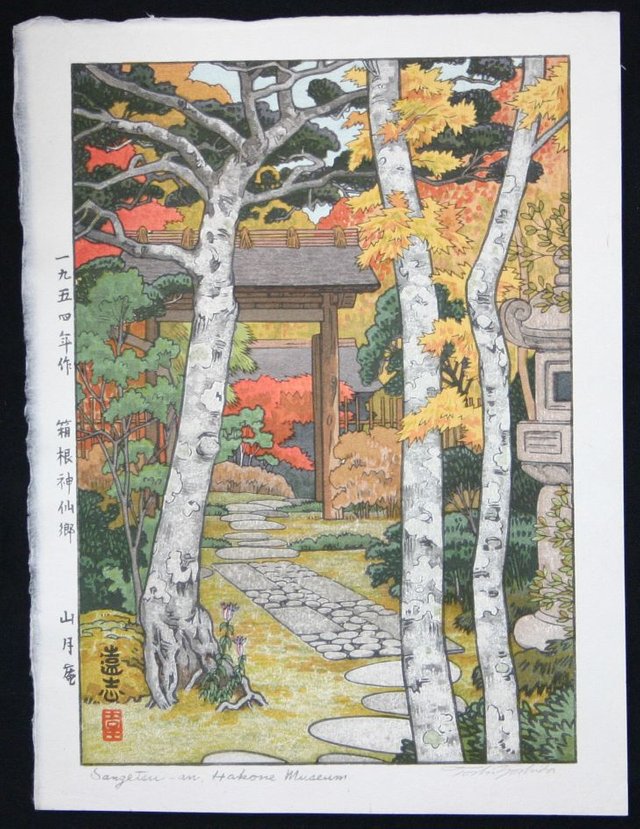
(Sangetsu-an Hakone Muesum by Toshi Yoshida)
This is considered one of Basho's best haiku. It was written near the end of his life, only two weeks before his death. He had just fallen sick—the sickness he would die from—and he sent this haiku to a poetry gathering he had been invited to and had wanted to attend.
For such a famous haiku, there are numerous interpretations of its meaning. Most of them, however, fall into three main groups. Perhaps the most common view is to take things as they are presented. This view tells us here we see Basho reflecting on his life and expressing regret for being such a recluse and not learning more about his neighbors or joining in the community. In favor of this view, it is a regret shared by many poets in writing or poems from their final days. Japanese haiku poets in particular seem prone to this social withdrawal, whether they are homeless and wandering the Japanese countryside or living in a hermitage hidden away from society.
There are some who interpret the neighbor to in fact be all of humankind. This view supposes that Basho had reached enlightenment and was thinking on a broader scale, the shared consciousness with his neighbors and all sentient beings. This is to say, he was concerned for his neighbors due to Buddhist compassion, not because of regret for his lonely life.
The last of these three main interpretations is that Basho was lamenting the isolation of the individual. Alas! even neighbors don't know one another. How can mankind understand each other when we don't even know our neighbors?
Such philosophy from a dying man.
I'd put forth that all of these may well be true. The human mind is rarely so linear and logical as to put forth a single idea; and, in fact, normally presents us with a plethora of thoughts and ideas, some of which are complementary and others which are competing. Basho may well have been sadly reflecting on his isolation, but also wondering about humankind in general both in compassion and in philosophic musing.
It is recorded that shortly after writing and sending this haiku, he laid down and refused any further nourishment until he died two days later.
❦
Thank you for visiting and reading :)
Other Recent Haiku Translations
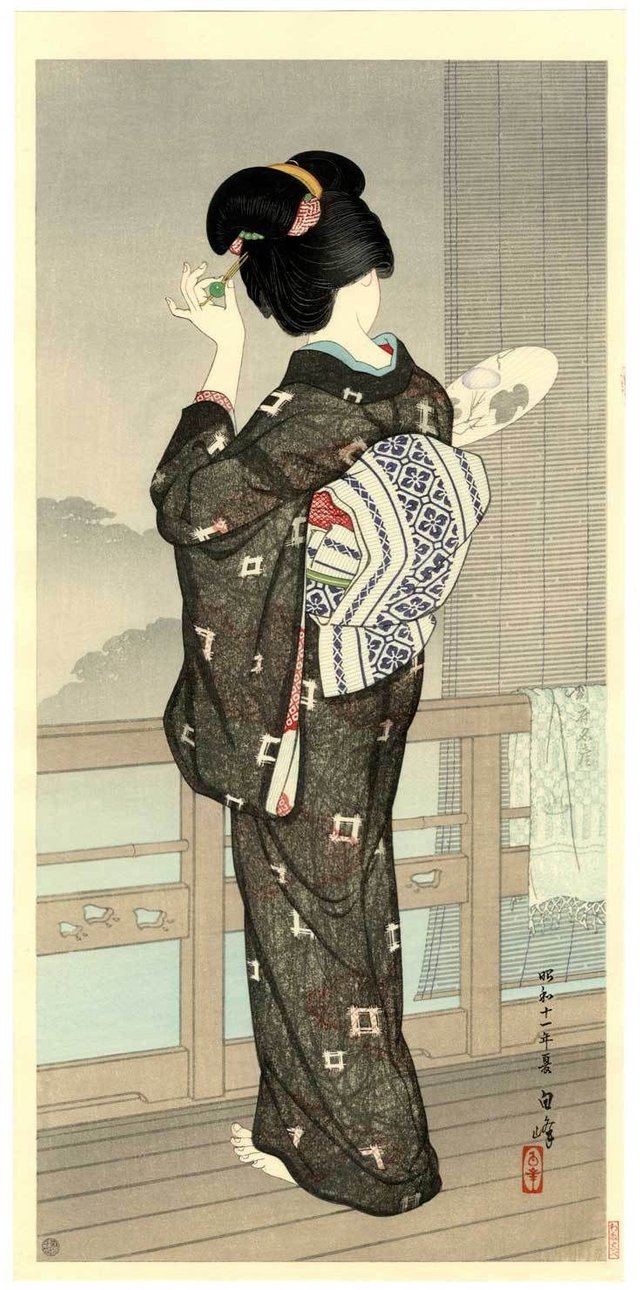
Firefly Night |
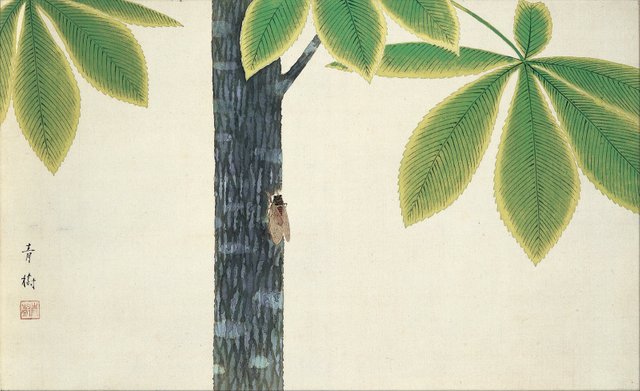
Cicada's Cry |
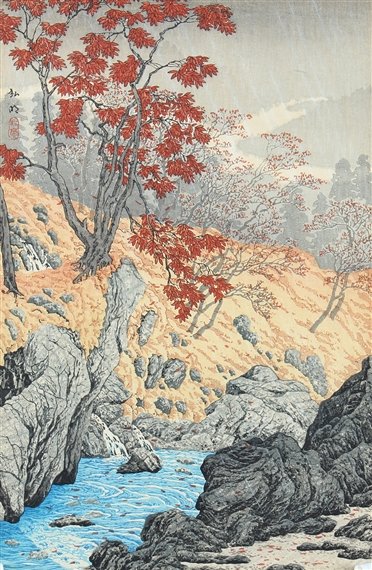
Still Walking |
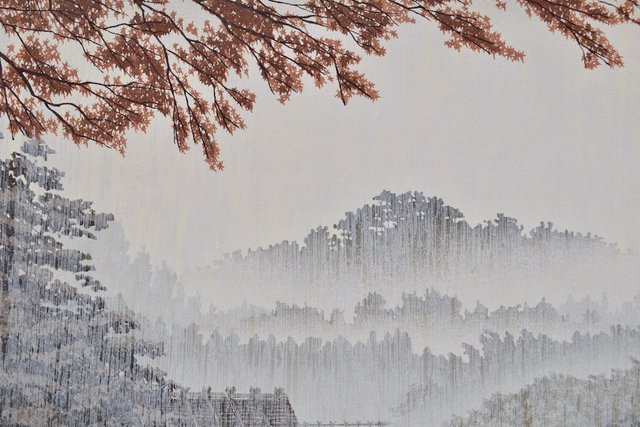
Nameless Mountains |
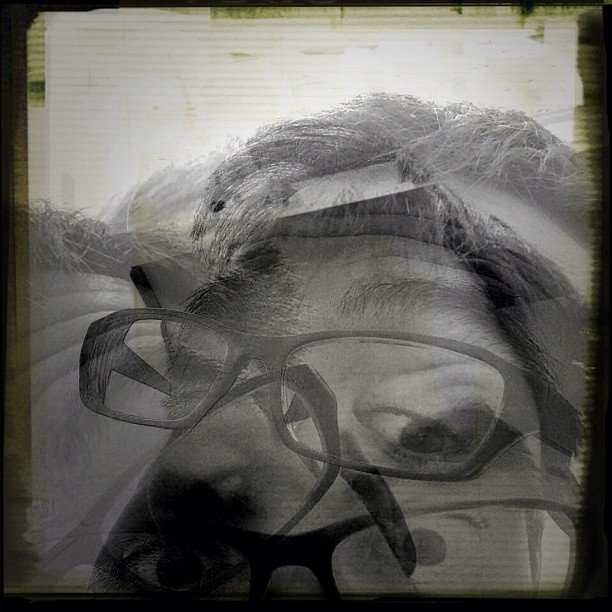 | David LaSpina is an American photographer lost in Japan, trying to capture the beauty of this country one photo at a time. More? |
Hi, @dbooster!
You just got a 1.33% upvote from SteemPlus!
To get higher upvotes, earn more SteemPlus Points (SPP). On your Steemit wallet, check your SPP balance and click on "How to earn SPP?" to find out all the ways to earn.
If you're not using SteemPlus yet, please check our last posts in here to see the many ways in which SteemPlus can improve your Steem experience on Steemit and Busy.
Hi @dbooster!
Your post was upvoted by @steem-ua, new Steem dApp, using UserAuthority for algorithmic post curation!
Your UA account score is currently 3.774 which ranks you at #4716 across all Steem accounts.
Your rank has improved 1 places in the last three days (old rank 4717).
In our last Algorithmic Curation Round, consisting of 253 contributions, your post is ranked at #90.
Evaluation of your UA score:
Feel free to join our @steem-ua Discord server